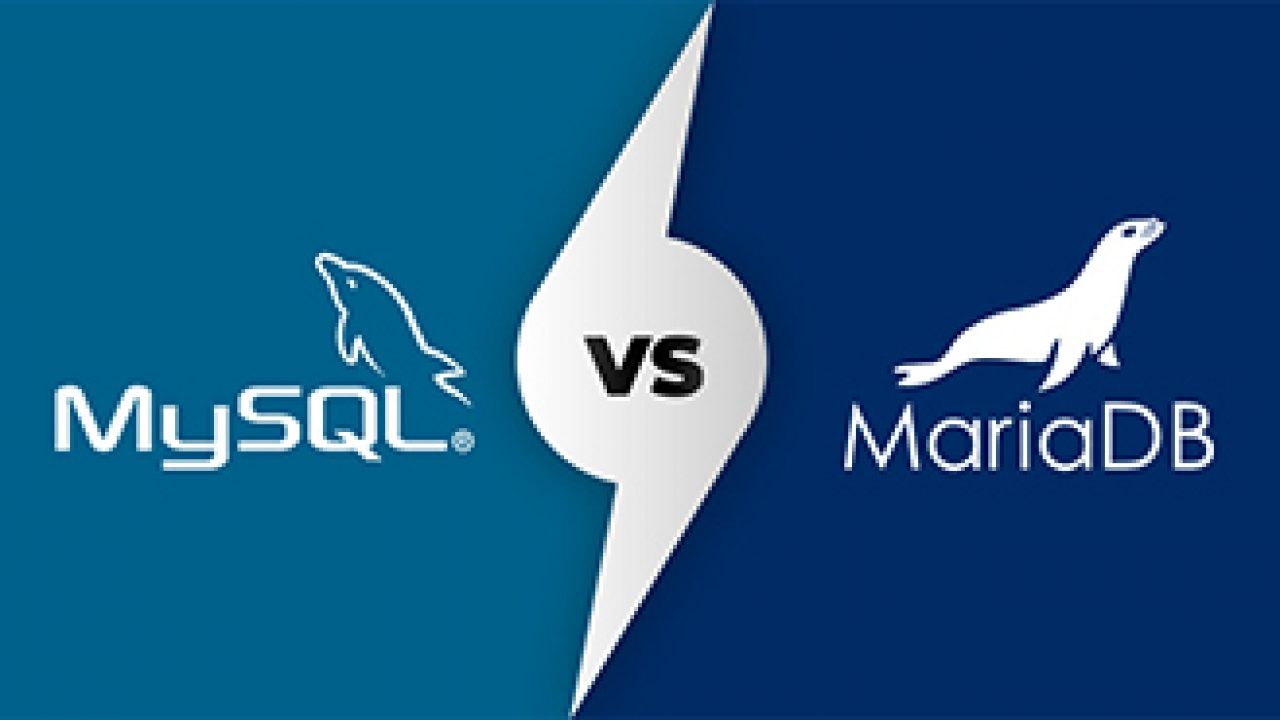

Database Fundamentals
Database Design
Indexing and Optimization
Monitoring and Maintenance
SQL Basics
Advanced Querying
Replication and High Availability
Our "MySQL/MariaDB Training" program offers comprehensive instruction in MySQL/MariaDB, two of the most widely used open-source relational database management systems. Whether you're new to SQL and database management or seeking to deepen your expertise, this course provides a structured curriculum covering all aspects of MySQL/MariaDB database management and querying.
Through a blend of theoretical concepts, hands-on exercises, and real-world examples, participants will develop practical skills in designing, querying, and administering MySQL/MariaDB databases. From creating databases and tables to optimizing queries and ensuring data integrity, our expert instructors guide you through every stage of the database management process.
By course completion, you'll have the proficiency to confidently work with MySQL/MariaDB databases, perform diverse database management tasks, and leverage advanced features for optimizing database performance and reliability.
Database Fundamentals: Understand the basics of relational databases and the role of MySQL/MariaDB in database management systems.
SQL Basics: Learn the fundamentals of SQL, including querying data, modifying tables, and managing database objects.
Database Design: Explore principles of database design, normalization techniques, and entity-relationship modeling for creating efficient and scalable databases.
Data Manipulation: Master SQL commands for retrieving, inserting, updating, and deleting data in MySQL/MariaDB databases.
Advanced Querying: Dive deeper into SQL with advanced querying techniques, including joins, subqueries, and aggregate functions.
Indexing and Optimization: Understand indexing strategies, query optimization techniques, and performance tuning to enhance database performance.
Transactions and Locking: Gain insight into transaction management and concurrency control mechanisms to ensure data consistency and integrity.
Database Administration: Learn essential database administration tasks such as user management, backup and recovery, and security management.
Stored Procedures and Functions: Explore the creation and use of stored procedures and functions for data processing and automation.
Replication and High Availability: Understand database replication concepts and techniques for achieving high availability and disaster recovery.
Monitoring and Maintenance: Learn how to monitor database performance, troubleshoot common issues, and perform routine maintenance tasks.
No Data Found!
No Data Found!
No Data Found!
No Data Found!
No Data Found!
No Data Found!
No Data Found!
No Data Found!
No Data Found!
No Data Found!

0 Reviews
Niranjan Sivathapandian
